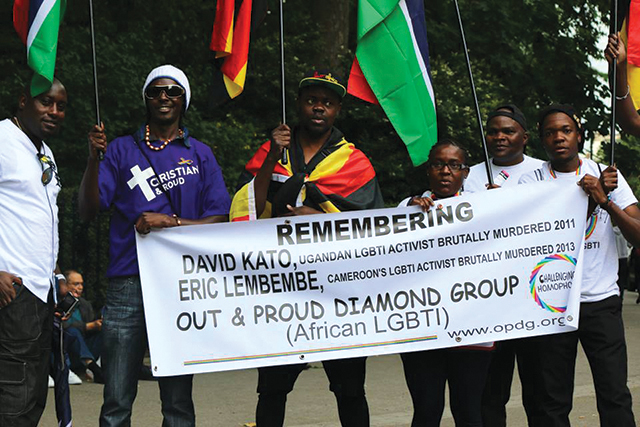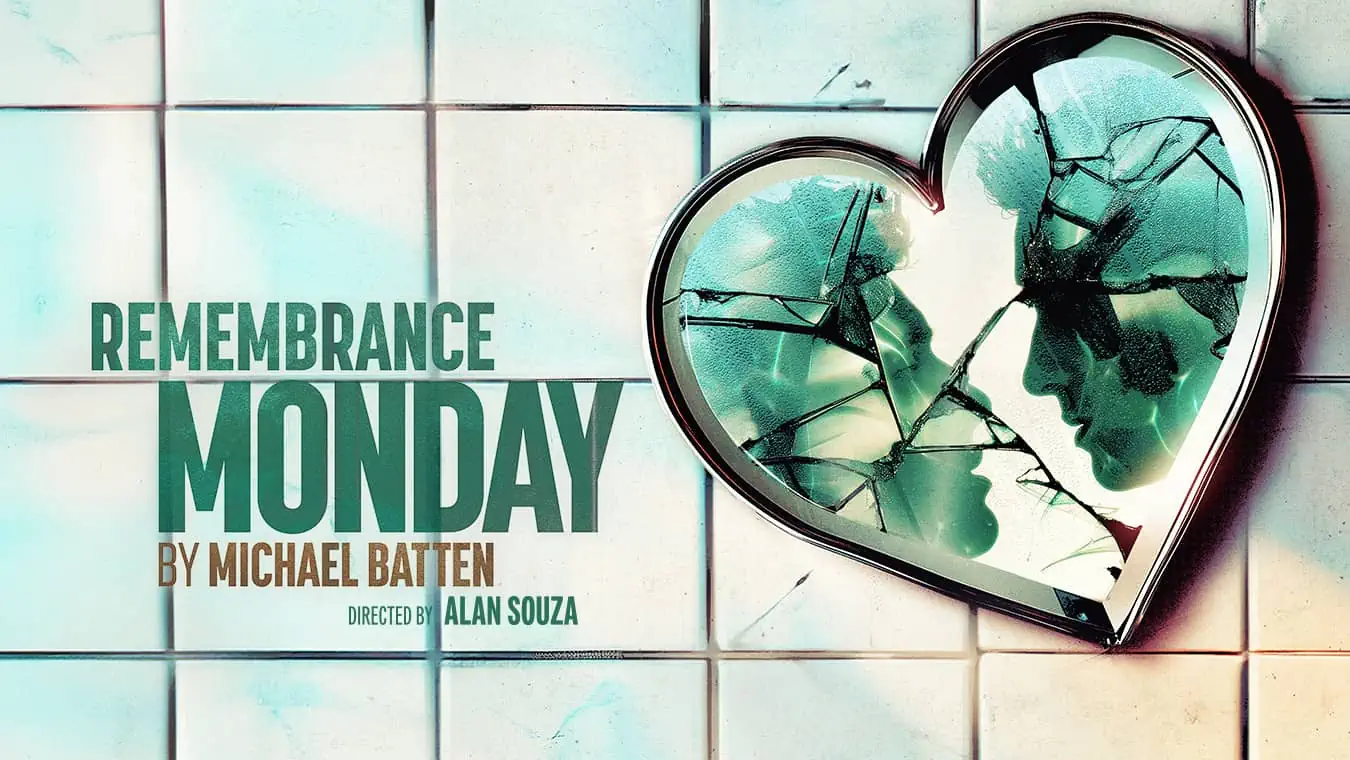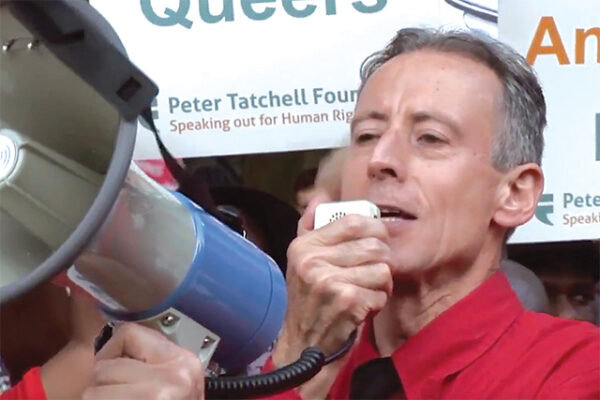As preparations are underway to observe the International Day against Homophobia and Transphobia (also known as IDAHO, IDAHOT or IDAHOBiT) on May 17th, we should be reminded that there’s growing concern over the enormous sweep of Africa’s war on the LGBTI people.
By Tony Kitara, Ugandan Gay Rights Activist
This war is characterised by, among other factors, the clash between cultural relativism and universal human rights, biblical fundamentalism, while not forgetting political opportunism.
In addition, unlike in the past, there’s a growing anxiety that has seen more and more African homosexuals coming out and losing their fear. This new development has brought home to many Africans that homosexuals do actually exist, which to a larger extent explains the rising number of lethal homophobic attacks.
Homophobia is fast spreading and most recently, Kenya’s Deputy President, William Ruto told worshipers at a church service in Nairobi that there’s no place for homosexuality in Kenya. He was quoted telling a cheering congregation, ‘We will not allow homosexuality in our society as it violates our religious and cultural beliefs’.
Despite saying his actions were not politically motivated to get votes, in conservative religious African countries, homophobia is a vote-winner. To encapsulate this in a few words, you challenge homosexuals-you get the vote.
In recent years, a number of African states (namely: South Sudan, Cameroon, Burundi, and most notoriously, Gambia, Nigeria and Uganda) have passed ridiculous anti-LGBTI laws. Although Uganda’s anti-homosexuality bill has since been annulled, many ruling and non-ruling party MPs have vowed to see it passed. Also to note, at the time of signing said now annulled Ugandan anti-gay bill, the President stated ‘gay people are unnatural and disgusting’. There’s also been accusation made against ‘arrogant Western groups’ of trying to recruit and lure children into homosexuality.
Even in Ethnic African nations like Kenya where the anti-homosexuality laws are not always invoked, the mere existence of such laws means victims are open to blackmail as well as extortion. This rising threat may come from, say the police themselves or the ordinary citizens meaning that victims are at threat should they need legal help.
Threats come from everyone, young or old. Zimbabwe’s President Mugabe has been quoted saying before that ‘filthy gays destroy nations’. He further threatened to cut gay people’s heads off, castrate them and compared them to pigs and dogs.
Zambia’s President Yahya Jammeh also called homosexuality ‘Satanic’, anti-human, anti-civilised ‘anti-God’. He ranted never to have seen a homosexual chicken or turkey and warned that homosexuals are not welcome in Gambia and if caught, would regret that they were born.
Former Nigeria’s head of state, Goodluck Jonathan signed a similar bill which states “persons who enter into a same-sex marriage contract or civil union commit an offence and are each liable on conviction to a term of 14 years in prison”.
South Africa, perhaps the only African country which is perceived to be the most tolerant and progressive towards LGBTI issues has a continued struggle with discrimination backed with hate ideology from some communities claiming that gay people are disgusting, sick, immoral, social deviants. Last year, 21 year old David was murdered in South Africa as a result of anti-gay hate crime. Lesbians in South African are also subjected to “corrective rape.”
With Kenya being the latest country to have its leadership talk against homosexuality, there are growing concerns over the lives of so many LGBTi people currently in Kenyan’s Kakuma refugee camps having fled homophobic persecution from neighbouring countries. They are reportedly subjected to intimidation, discrimination and all sorts of prejudice by other members of the camp.
I have previously written about Ugandan LGBTI community being in limbo of what the future holds for them. Little did I know that this disease called homophobia would be fast spreading like it is now. I’m left with so many un-answered questions lingering in my head: Are we doing enough to stop this fast moving ‘genocide’, and what more can be done to stop the ‘fire’ from spreading any further?













